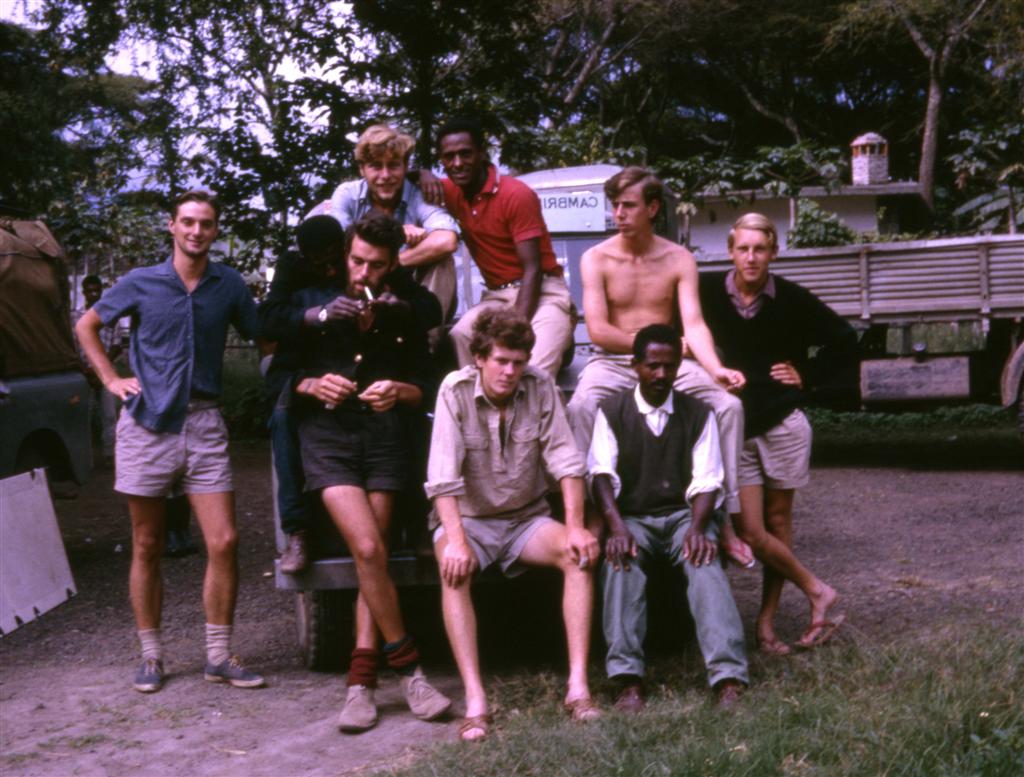My parents were delighted when I gained entrance to Cambridge University; I, less so. I had just returned from an ’adventure’ in Spain and Morocco and wanted to keep travelling. I resented having to go to University and didn’t work for the first year. I drank too much, talked a lot, fretted about girls, but felt obliged to play rugger and even put myself up for the presidency of CUMS, the Cambridge University Medical Society.
Cambridge was a privilege, but only in retrospect. I remember with pleasure the long discussions after Hall, the introduction to a wider world of arts and science, living in an environment so rich in intellectual history. The spirit of an ancient seat of learning emanated from the ancient stones. it was impossible not to absorb it. Nevertheless I was anxious to get away.
In 1966, I organised and led The Cambridge Medical Expedition to Ethiopia. Sponsored by The Explorers and Traveller’s Club, Rothman’s Cigarettes, and numerous other companies, six of us, four medics, an engineer and an ornithologist, bought and equipped two landrovers and travelled by land and sea to Djibouti and then inland to Ethiopia, where we spent four months investigating the prevalence of Schistosomiasis in four economically important regions. This afforded a wonderful opportunity to visit the remoter regions of this magical country and deep love for Africa. The following year I returned to work in a mission hospital in Masaka, Uganda.
Cambridge did not possess a clinical school at the time and so I went to The London Hospital to complete my medical training. With less distractions and a focus on studies more relevant to the understand of human disease, I learnt my trade, spending every free moment on the wards, broadening my knowledge of disease, while in then evening I took every advantage of cheap tickets to the theatre and concerts.
Being appointed House Officer to the Professor of Surgery was a mixed blessing. I was sent away from The London after six months with his prophetic words ringing in my ears. ‘Ye mebbe a guid doctorr, but ye’re noo guid for my psychotherapy!’ I learnt how to practice as a doctor under Drs Pugh and Wakefield at the Royal United Hospital in Bath. Dr Pugh was a gastroenterologist, Dr Wakefield a neurologist. Although I loved the intellectual discipline of neurology, I was of a more practical therapeutic bent, prompting Dr Wakefield to comment, ‘I can see you’re going to become an ‘offal doctor’.
An entertaining interlude back at The London Hospital VD Clinic under the military Dr Dunlop, whom we lampooned as Doctor Funstop, led, as if by gravitational force, back to the bowels and gastroenterology.



